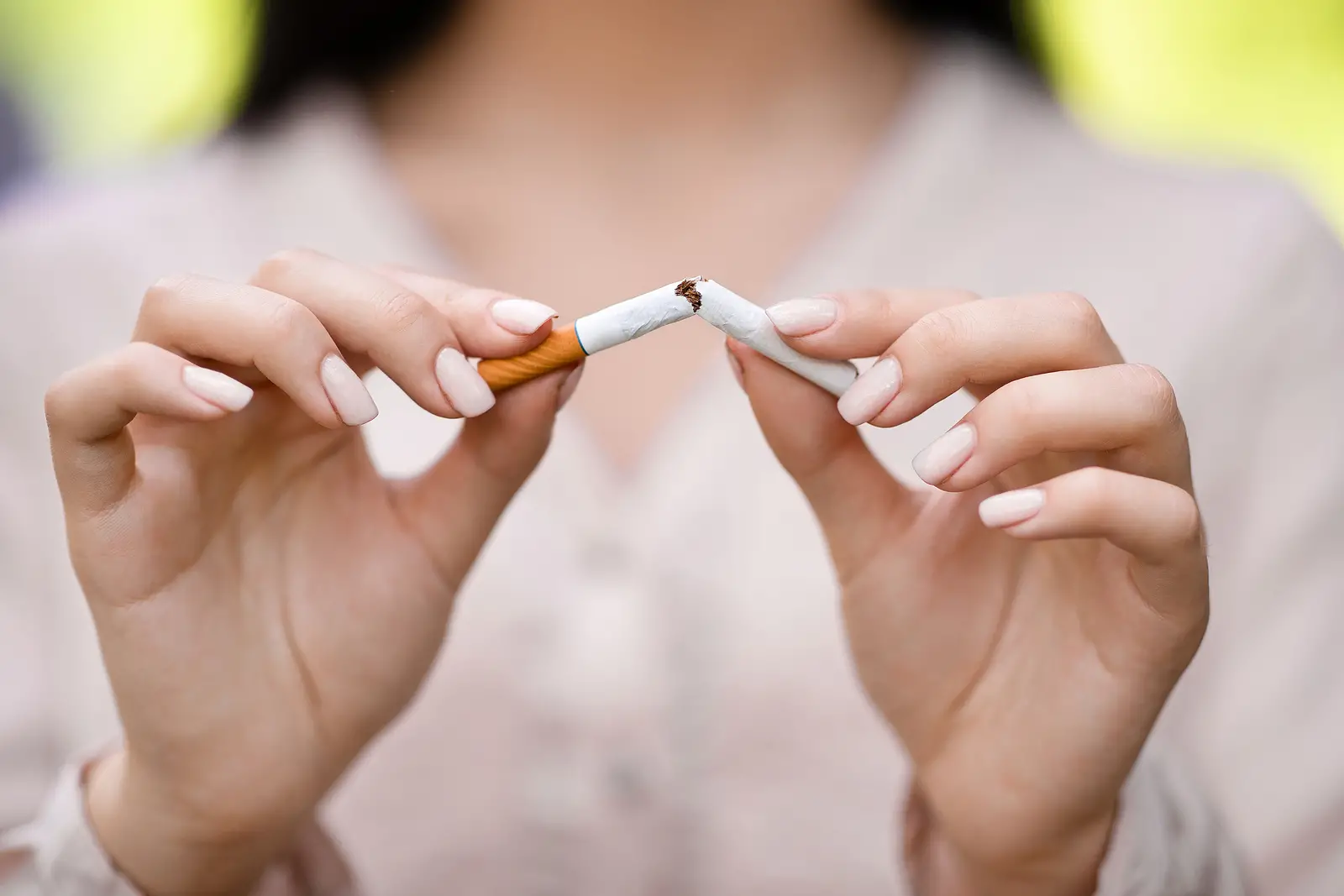Smoking is a well-known culprit behind many serious health issues, but its impact on oral health often gets overlooked. From bad breath to severe gum disease, smoking affects your dental health in more ways than one. Whether you’re a long-time smoker or considering quitting, it’s important to understand how this habit can damage your teeth, gums, and overall oral hygiene.
The Connection Between Smoking and Oral Health
Smoking introduces harmful toxins into your body, which can affect almost every organ. However, the mouth is one of the first areas where smoking exerts its harmful effects. The mouth, being the gateway to the rest of your body, bears the brunt of cigarette smoke’s impact, leading to visible and painful damage over time.
Key Components in Cigarettes
Cigarettes contain a mixture of chemicals, including tar, nicotine, and carbon monoxide. These substances not only stain your teeth but also interfere with the healthy functioning of your gums. The result? Compromised dental health that often escalates into serious issues like gum disease and tooth loss.
How Smoking Causes Stained Teeth
One of the most noticeable effects of smoking is tooth discoloration. The nicotine and tar in cigarettes can make teeth yellow in a very short time, and prolonged use can turn them brown. Nicotine, although colorless, turns yellow when combined with oxygen, leading to deep stains that can be hard to remove with regular brushing alone.
This discoloration isn’t just cosmetic; it also signals deeper oral health issues. Stained teeth can often indicate a buildup of plaque and tartar, leading to more serious dental problems.
Can Whitening Help?
Teeth whitening can certainly improve the appearance of stained teeth, but it’s only a temporary solution if you continue to smoke. Over time, even professional whitening treatments can lose their effectiveness if the habit persists, making it vital to address the root cause—smoking.
Smoking and Gum Disease
Gum disease is another critical concern for smokers. Smoking weakens the immune system, which makes it more difficult for your body to fight off infections. This is particularly concerning for your gums, as they are highly susceptible to bacterial infections. When your gums are infected, they recede, leading to tooth sensitivity and potential tooth loss.
Early Signs of Gum Disease
Smokers often miss the early signs of gum disease because smoking reduces blood flow to the gums, causing a delay in the obvious symptoms like bleeding gums. This “masking effect” allows the disease to progress undetected, resulting in more severe complications like periodontitis, a serious gum infection that can destroy the bone supporting your teeth.
Advanced Stages and Tooth Loss
If left untreated, gum disease progresses to advanced stages, leading to tooth mobility and eventually tooth loss. Smokers are twice as likely to lose teeth compared to non-smokers. The reduced blood flow caused by smoking hampers healing, making it harder to recover from gum treatments or surgeries.
How Smoking Affects Oral Surgeries and Procedures
If you’re a smoker, dental procedures such as extractions, implants, or periodontal surgery may not heal as effectively. Smoking impairs the body’s ability to heal itself, which means recovery times after oral surgeries are often longer. In some cases, smoking can increase the risk of complications or even cause a procedure to fail entirely, particularly with dental implants.
Dental Implants and Smoking
Smoking increases the chances of implant failure significantly. For successful implant integration, the gums and bones around the implant must heal correctly, but smoking disrupts this healing process. Smokers are far more likely to experience implant failure due to poor gum health and reduced bone density.
The Link Between Smoking and Oral Cancer
One of the most severe consequences of smoking is oral cancer. The risk of developing oral cancer is substantially higher for smokers than for non-smokers. In fact, about 90% of people diagnosed with oral cancer have a history of smoking or tobacco use. This form of cancer can affect the lips, tongue, cheeks, and throat, and it often goes unnoticed until it has progressed to an advanced stage.
Signs of Oral Cancer
Common signs of oral cancer include persistent mouth sores, lumps, or patches of red or white in the mouth. Smokers should be particularly vigilant about these symptoms and seek immediate dental consultation if they notice anything unusual. Early detection is critical in improving survival rates for oral cancer patients.
Why Quitting Smoking is Essential for Dental Health
The best way to protect your oral health is to quit smoking. While stopping the habit will not reverse all the damage done, it will halt further progression. Once you quit smoking, the body starts to heal, including your gums and oral tissues. Your risk of developing oral cancer, gum disease, and tooth loss significantly decreases the longer you stay away from cigarettes.
Benefits of Quitting Smoking
- Healthier Gums: Quitting improves blood circulation, which allows the gums to heal and fight off infections better.
- Fresher Breath: One of the immediate benefits of quitting smoking is better breath, as the foul odor caused by smoking disappears.
- Whiter Teeth: After quitting, the effectiveness of teeth whitening treatments improves, helping restore your smile’s brightness.
- Reduced Cancer Risk: Each year you stay smoke-free reduces your risk of oral cancer.
- Improved Overall Health: Quitting smoking not only benefits your dental health but also improves your overall well-being, including your heart and lungs.
Conclusion
Smoking has a profound and harmful impact on your dental health. From stained teeth to severe gum disease and an increased risk of oral cancer, the effects are far-reaching. Whether you’re considering quitting or have already stopped, prioritizing your oral health is essential for a healthy, confident smile.
At DFAesthetics, we offer professional teeth whitening, gum treatments, and oral health assessments to help you restore and maintain a healthy smile. Our team is committed to providing personalized dental care, ensuring that you receive the best possible treatment.
If you’re ready to improve your dental health and reduce the effects of smoking on your teeth and gums, contact us today to schedule a consultation. Let us help you achieve the healthy, beautiful smile you deserve. Visit our website dfaesthetics.com to learn more about our services and book your appointment.


